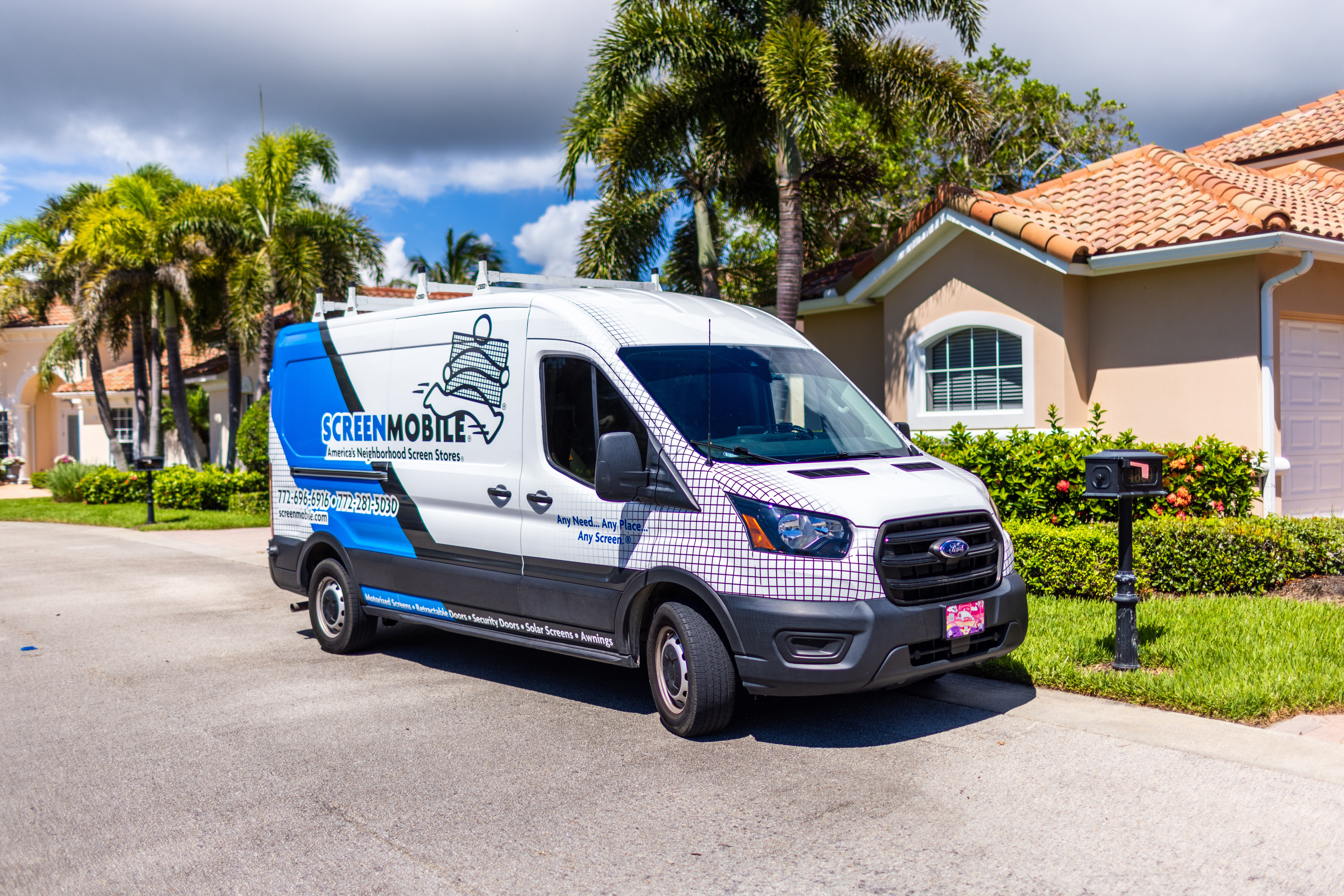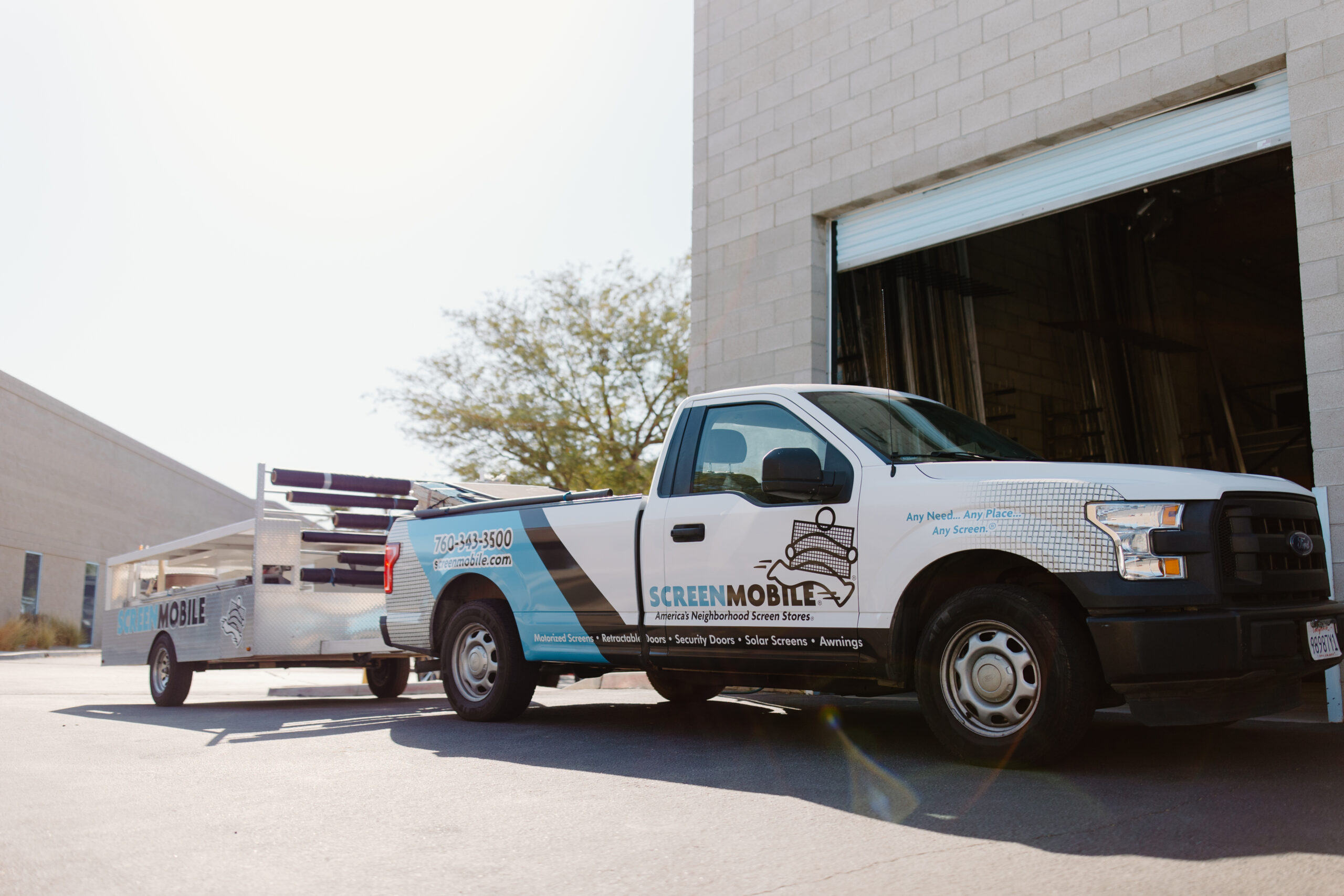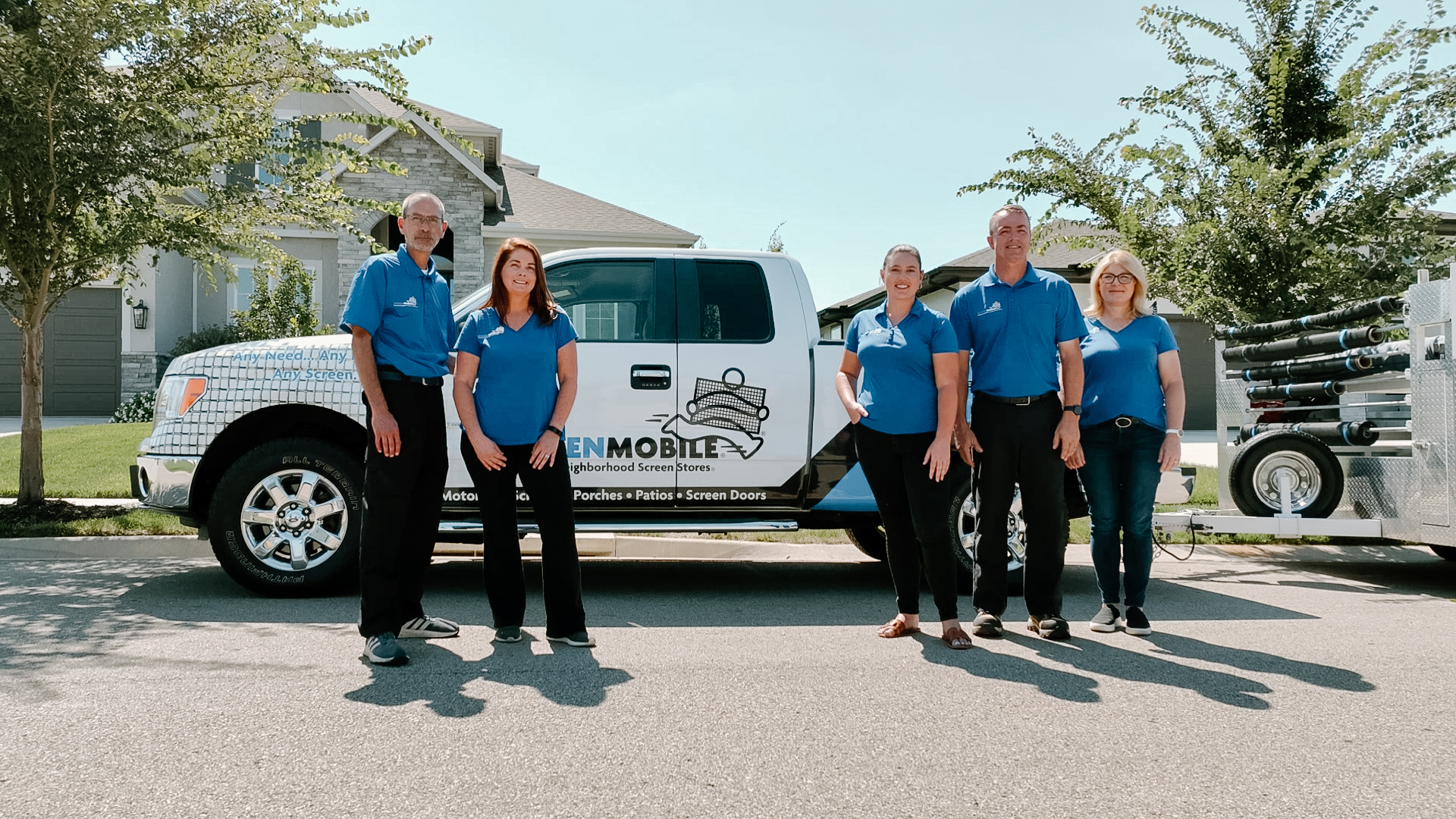
6 Reasons Why Franchises Fail
March 22, 2022

Franchising can be the perfect business model to give you financial independence and full control over your calendar. However, nothing in life or business is ever certain, and new operations are more likely to fail for a number of reasons. According to the US Bureau of Labor Statistics, 45% of new small businesses have failed after five years. The statistics are noticeably better for franchise systems, with a 20% franchise failure rate over the same period.
Considering the time and investment you may be about to put into starting your own businesses, it’s worth considering why franchises fail and what steps you can take to make sure that doesn’t happen to you. Here we’ll take a look at the biggest reasons why franchises fail so you can prepare yourself for what success will look like.
6 Reasons Why Franchises Fail
1. Not Enough Support
Different franchisors have different ways they approach their prospective franchisees and their own business model. Some take a quantity over quality approach and are more hands-off with their franchisees. Others prefer to be far more selective about who they allow to take on a franchise and how much territory they each have to try and give them the best chance of success.
With the latter, a franchisee can probably expect full support, regular training and process updates, as well as a dedicated team on the end of a phone to try and help franchisees through the common problem facing them in their first years. The opposite of that is the sink-or-swim approach, giving franchisees what they see as enough tools to succeed, and the strongest ones will and, in any case, franchise failures will be replaced with others.
At the end of the day, every new business needs help. People choose to franchise over other new business types because they’re buying into the experience of a proven business model. But, without receiving enough support, many businesses, even ones with great plans or leaders with the right work ethic, just won’t be able to make it.
2. Failure to Follow Guidelines and Procedures
It’s not all the franchisors’ fault. The reverse can also happen, where a franchisor provides everything that could reasonably be expected in terms of guidance, carefully planned and tested procedures, and regular advice. Still, the new franchisee just doesn’t want to follow the plan. Usually, this difference in approaches would be recognized before discovery day and the signing of any contracts, but sometimes a franchisee might just get bored or fed up of working within the system and decide to throw it all out.
The systems are in place for a reason, and that’s the central selling point of a franchise. Buying into that but not taking advantage of it is nearly always going to lead to franchisee failure.
3. Under-Capitalization
The initial investment costs in a franchise include the franchise fee, territory fees, and inventory, among other expenses. These should all be laid out by the franchisor in the federally mandated franchise disclosure document (FDD) from your franchisor. However, many franchisees don’t consider how much working capital is actually necessary to run a business.
Depending on the field of business, especially starting off, there can be a big lead in time between doing a job and getting paid for it, but you still have to get stock for the next job. Cash flow is a core element of any business success, so a lack of it is also a major reason why franchises fail. To avoid potential issues in your first months and years, always ensure adequate savings or finance arrangements to cover gaps, and don’t try expanding too fast on credit.
4. Lack of Planning
‘Measure twice, cut once’ is a saying that works in every business because following a plan is the best way to get to where you want to go. Many franchisees fail because they think that by buying into a ready-to-go business, they can just sit back and the work will do itself. This is never the case, and every new business owner should sit down and plan out what their first 3, 6, and 12 months will look like, what they want to achieve, and the daily and weekly tasks that will get them there. Seasoned franchisees might be able to work the plans off the top of their heads because they’ve been through it all before, but when starting out, you need a plan and one which should also be flexible to adapt to circumstances on the ground as they happen.
5. Poor Location
Knowing what the competition is like and how much of a market there is for your product or service in a particular area are very important for picking the right franchise location. Not caring about where your market share is going to come from or, even worse, your franchisor allowing another franchise to open up a few hundred yards away is a big reason why franchises fail. There’s only so much business in any area, so be sure to do proper research into who’s serving those people now and how easy it’ll be to take customers from them.
6. Unrealistic Expectations
Another big reason why franchises fail is that the new franchisee just hadn’t expected things to get tough. You invest your money and want to see a return, naturally, but the process in between is hard work, and the returns you get directly equate to that. There’s also the factor that any franchise starting out won’t have established either the local recognition or the work processes that see your hourly or daily rate get to what you want it to be. Working towards a six-figure profit in year one is a great goal, but, especially in years 1-3, expecting that and only making half of it or breaking even can lead to dissatisfaction with the business, rather than seeing it as a work in progress.
Final Thoughts
There are a wide variety of reasons why franchises fail, and we wanted to get to the heart of some of them here. No business plan is bulletproof, but learning from the experience of others can really help new business owners, which is why the franchise system can be a surer bet than just starting an independent business. Planning for getting where you want, focusing on keeping cash flow steady, and doing your prior research into where to set up and what to expect go a long way to overcome the main reasons franchises fail.
If you’re interested in joining one of the nation’s most successful franchise systems, with a 99% renewal rate after the 10-year initial contract, you can read more about it here or get in touch with our team.
Recent News

Meet Nate & Lori Van Tholen: How a Husband & Wife Team Jumped into Entrepreneurship
October 21, 2024

Why Owning a Screenmobile Franchise is a Smart Investment in Home Services
August 26, 2024

Why Screenmobile is a Top Franchise Opportunity
August 12, 2024

Why Screenmobile Makes Sense as an Investment for Veterans
July 22, 2024

Top Questions to Ask a Franchisor When Considering a Franchise Opportunity
July 9, 2024

How Can a Franchise Business Consultant Help Your Business Grow with Screenmobile?
June 25, 2024














